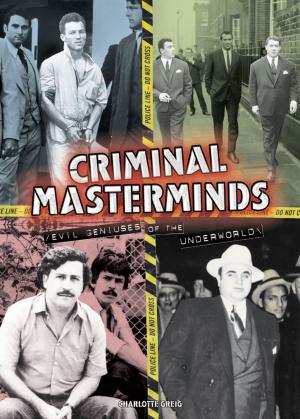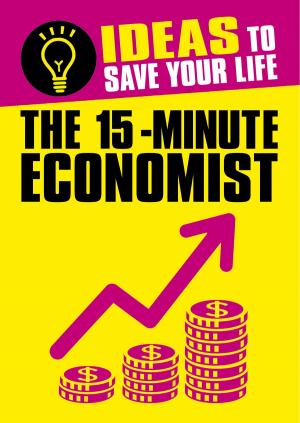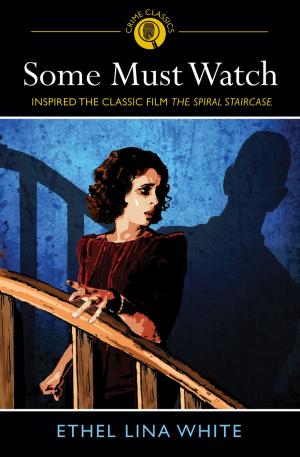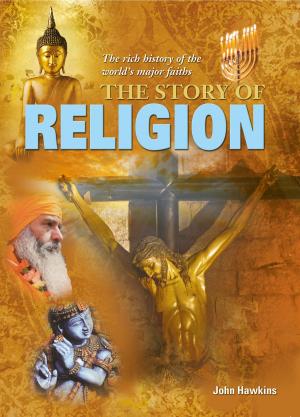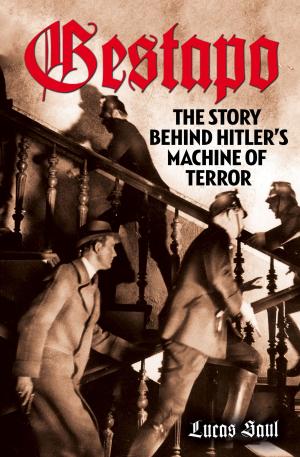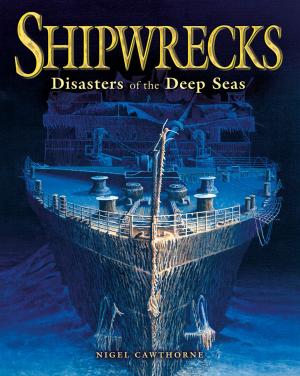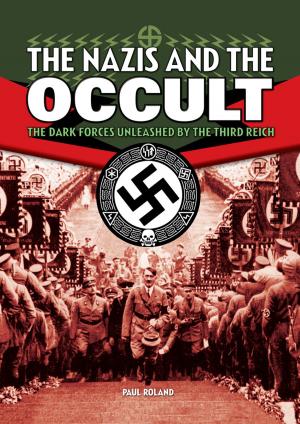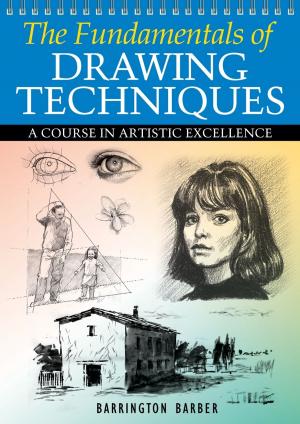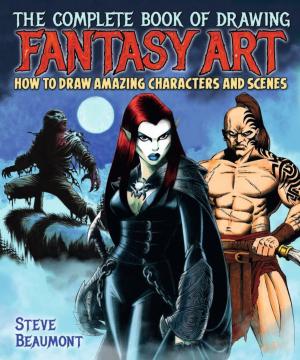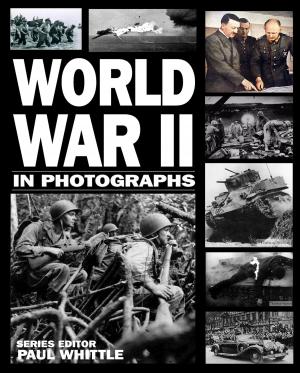What Really Happens When You Die?
Cosmology, time and you
Nonfiction, Science & Nature, Science, Health & Well Being, Health, Social & Cultural Studies, Social Science| Author: | Andrew McLauchlin | ISBN: | 9781784281885 |
| Publisher: | Arcturus Publishing | Publication: | January 8, 2016 |
| Imprint: | Arcturus | Language: | English |
| Author: | Andrew McLauchlin |
| ISBN: | 9781784281885 |
| Publisher: | Arcturus Publishing |
| Publication: | January 8, 2016 |
| Imprint: | Arcturus |
| Language: | English |
What happens to us when we die? It's a question that has exercised humanity's finest minds for thousands of years. Most have sought the answer in religion; others have looked to philosophers, to the supernatural, or, more recently, to evidence from 'near death' experience. But never, it seems, to science. Yet that's where the answer appears to lie. Specifically, in cosmology, the study of the history and future of the universe. Taking his inspiration from Stephen Hawking's groundbreaking A Brief History of Time, author Andrew McLauchlin brings his background as a physicist to bear on this fascinating subject. He examines developments in cosmology and shows how they point to a conclusion about the dimension of time that has very real implications not only for the universe but also for us. What Really Happens When We Die? is a journey of discovery into a realm that offers an astonishing explanation for one of life's imponderables.
What happens to us when we die? It's a question that has exercised humanity's finest minds for thousands of years. Most have sought the answer in religion; others have looked to philosophers, to the supernatural, or, more recently, to evidence from 'near death' experience. But never, it seems, to science. Yet that's where the answer appears to lie. Specifically, in cosmology, the study of the history and future of the universe. Taking his inspiration from Stephen Hawking's groundbreaking A Brief History of Time, author Andrew McLauchlin brings his background as a physicist to bear on this fascinating subject. He examines developments in cosmology and shows how they point to a conclusion about the dimension of time that has very real implications not only for the universe but also for us. What Really Happens When We Die? is a journey of discovery into a realm that offers an astonishing explanation for one of life's imponderables.


